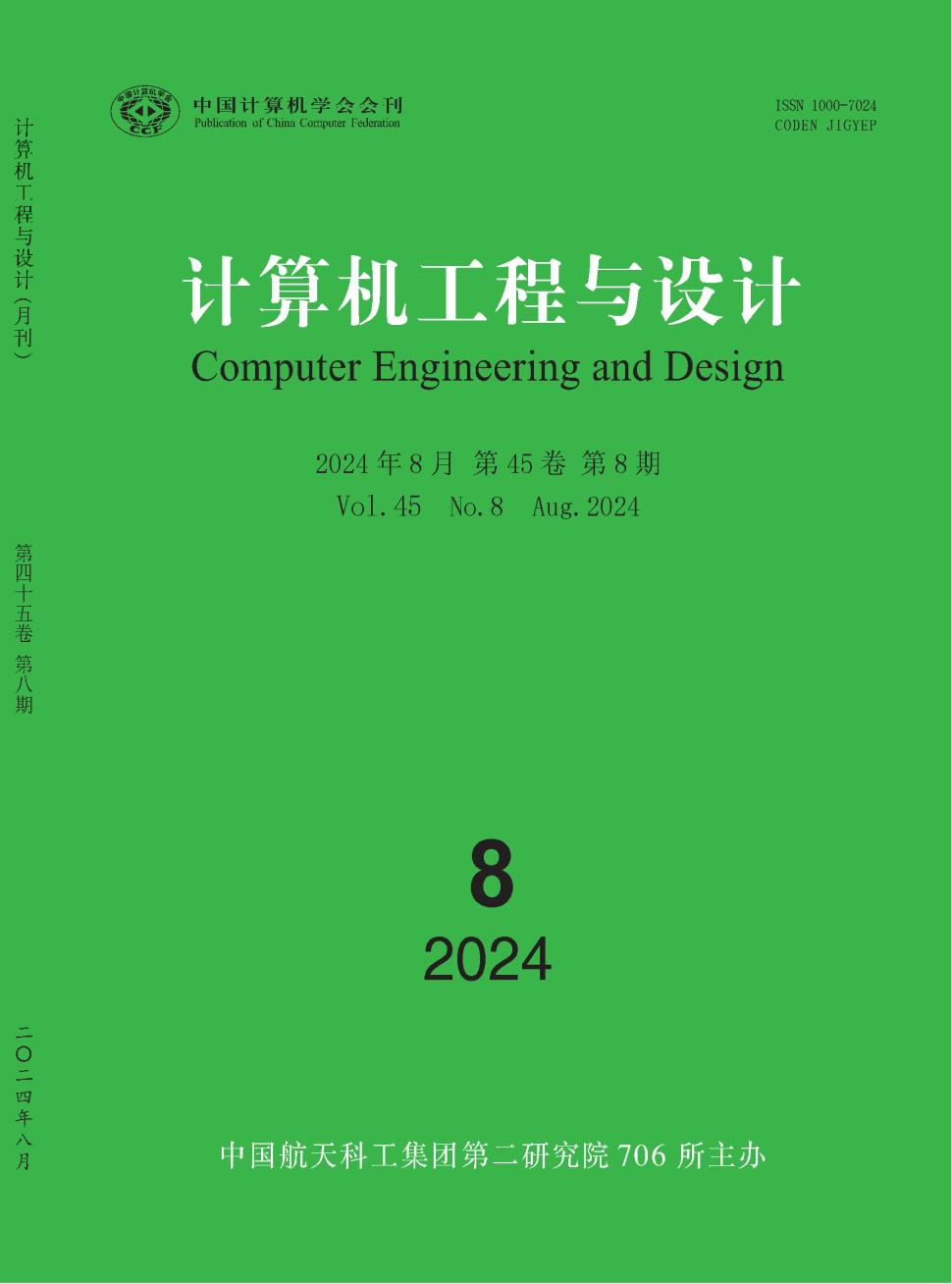Automated identification of fraudulent financial statements by analyzing data traces
引用次数: 0
Abstract
Firms are obliged by law to publish accurate financial statements. Nevertheless, cases exist where publicly issued documents hide the actual bad financial statuses of companies and this is revealed years later. Since companies publish financial figures periodically, it is interesting to examine whether monitoring those values or ratios based on them can help in early detection of fraud. In this work, a dataset was constructed including 943 firm-years of Greek companies enlisted at the Athens Stock Exchange, for the period 2005-2018. Experiments using combinations of financial ratios and various machine learning algorithms were undertaken in an effort to construct a system able to automatically detect false and misleading financial statements, that were issued legitimately by firms. Several instantiations of a machine learning workflow were tested using various classifier algorithms including AdaBoost, Random Forests, and others. Experiments showed that companies that issue false financial statements can be spotted automatically for most of the cases, years before the problem is manifested. So, the potential of early detection of seemingly healthy, but in fact, distressed companies do exist. An automated tool can be constructed that should be useful for financial analysts, investors and the capital markets authorities.通过分析数据痕迹自动识别虚假财务报表
法律规定公司必须公布准确的财务报表。然而,公开发布的文件掩盖了公司的实际不良财务状况,并在数年后被揭露的情况确实存在。由于公司定期公布财务数据,因此研究监控这些价值或基于这些数据的比率是否有助于及早发现欺诈行为,是一件有趣的事情。在这项工作中,我们构建了一个数据集,其中包括2005年至2018年期间在雅典证券交易所上市的943家希腊公司。利用财务比率和各种机器学习算法的组合进行实验,以构建一个能够自动检测由公司合法发布的虚假和误导性财务报表的系统。使用各种分类器算法(包括AdaBoost、Random Forests等)对机器学习工作流的几个实例进行了测试。实验表明,在大多数情况下,发布虚假财务报表的公司可以在问题出现前数年被自动发现。所以,早期发现看似健康的潜在企业,实际上却存在陷入困境的企业。可以构建一个对金融分析师、投资者和资本市场当局有用的自动化工具。
本文章由计算机程序翻译,如有差异,请以英文原文为准。
求助全文
约1分钟内获得全文
求助全文
来源期刊
自引率
0.00%
发文量
20353
期刊介绍:
Computer Engineering and Design is supervised by China Aerospace Science and Industry Corporation and sponsored by the 706th Institute of the Second Academy of China Aerospace Science and Industry Corporation. It was founded in 1980. The purpose of the journal is to disseminate new technologies and promote academic exchanges. Since its inception, it has adhered to the principle of combining depth and breadth, theory and application, and focused on reporting cutting-edge and hot computer technologies. The journal accepts academic papers with innovative and independent academic insights, including papers on fund projects, award-winning research papers, outstanding papers at academic conferences, doctoral and master's theses, etc.

 求助内容:
求助内容: 应助结果提醒方式:
应助结果提醒方式:


